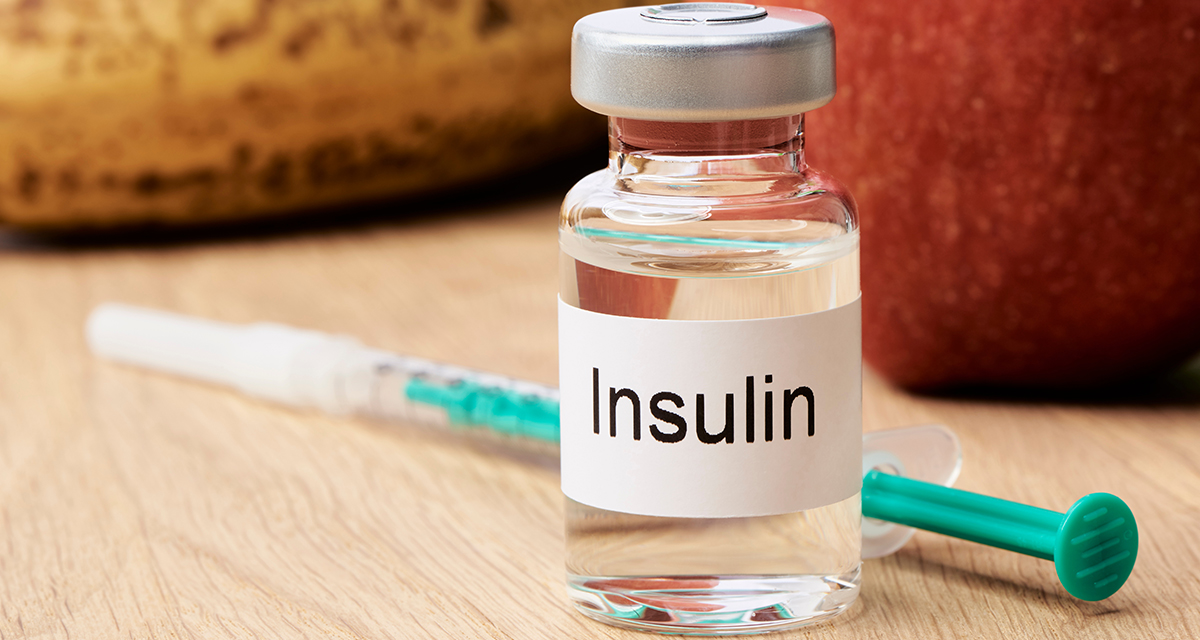Diabetes is a condition of insulin deficiency. This means the pancreas does not secrete enough insulin. Most patients with type 2 diabetes will require insulin injections at some point.
There are two situations in which insulin therapy is initiated. First, surrounding the diagnosis of type 2 diabetes and second, when the patient has had diabetes for years and has become resistant to non-insulin medications.
Type 2 diabetes can be first diagnosed in a routine blood test or when the patient develops symptoms because of very high glucose levels. The latter condition can be dangerous and may require treatment in the hospital. When the glucose is high, it both increases the resistance of muscles to the function of insulin and suppresses the production of insulin in the pancreas. This self-perpetuating condition is called glucotoxicity. The best approach in those cases is to provide insulin therapy for a few weeks/months to normalize the glucose and to allow insulin secreting cells in the pancreas to recover. Once the pancreas renews some insulin secretion, most patients soon after their diagnosis can be taken off insulin treatment and continue to use non-insulin medications.
Over time, however, the cells that secrete insulin in the pancreas deteriorate gradually and insulin secretion diminishes despite taking multiple non-insulin medications. After about 10 years with the disease, most patients will become resistant to any non-insulin medications, including pills and injectable drugs, and will require insulin therapy. Unfortunately, at that stage in most cases, the pancreas cannot recover insulin secretion and insulin treatment will be needed indefinitely.
Lifestyle modifications that include weight loss have been shown to slow the progression of insulin deficiency in early stages of type 2 diabetes. Yet, when the disease progresses, in most cases lifestyle modification cannot help to improve insulin secretion and maintain good glucose levels in a persistent way.
The need to take insulin injections to treat diabetes is no different than the need to take thyroid hormone pills when the thyroid gland stops working. Both are a natural replacement for a deficiency. Indeed, insulin treatment is much harder to optimize because the requirements of the insulin hormone are much more dynamic than the requirements of the thyroid hormone.
In my perspective as a clinician, my goal is to help my patients to maintain healthy glucose levels or HbA1c regardless of the treatment to achieve it, whether it is a pill, non-insulin injectable drug or insulin injections. As an analogy, if a patient is diagnosed with cancer, they would prefer any treatment necessary to help them survive the disease. It is important to understand that poorly controlled diabetes is as dangerous as advanced cancer.
Importantly, the progression of insulin deficiency and the need for insulin treatment is not a choice and the patient should never be blamed for it.


